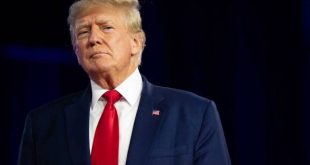There are strong indications that the Ondo State Government may introduce may increase the fees of its Tertiary Education in the state while payment of tuition fees in secondary schools may also be introduced.
Facts to this was contained in a communique issued at the end of a two-day education summit held last week and which had stakeholders in attendance.
In the 19-point communiqué, the stakeholders resolved that the issue of education funding is too important to be left in the hands of government alone if it must achieve functionality in education, adding that it must be the business of all stakeholders.
The communique was signed by the Permanent Secretary, Ministry of Education, Mr. Steve Awosika.
Specifically, the communique stated that government should fund education at the primary school level, while parents should be responsible for the education of their children at the secondary and tertiary levels.
The document also stated: “There should be a review of chargeable fees in state’s tertiary institutions in line with the needs of each school and current economic realities.”
Stakeholders also resolved that the issue of return of schools to their original owners requires further engagement amongst stakeholders in order to arrive at amicable and workable solution.
While it was also resolved that state government should recruit teachers to fill all relevant vacancies in public primary and secondary schools stakeholders agreed that “measurable parameter should be designed for the promotion of teachers while Teachers Biometric Attendance device should be designed to monitor their class attendance and enhance productivity.”
To address the dilapidated structures in schools, it was resolved that state government, philanthropists, old students associations, Parents teachers Association (PTA) and corporate organisations should embark on aggressive renovation/reconstruction of school structures to make such learners friendly.
The stakeholders also resolved that mega schools in the state should be put into more functional, optimal and better use by government to address the current state of underutilisation of some of them.
Also, it was resolved that state government; international development partners; non-governmental organisations, and spirited individuals should collaborate in the training and retraining of teachers; school administators/education managers in order to update their knowledge on contemporary issues on education.
 National Telescope national telescope newspaper
National Telescope national telescope newspaper



